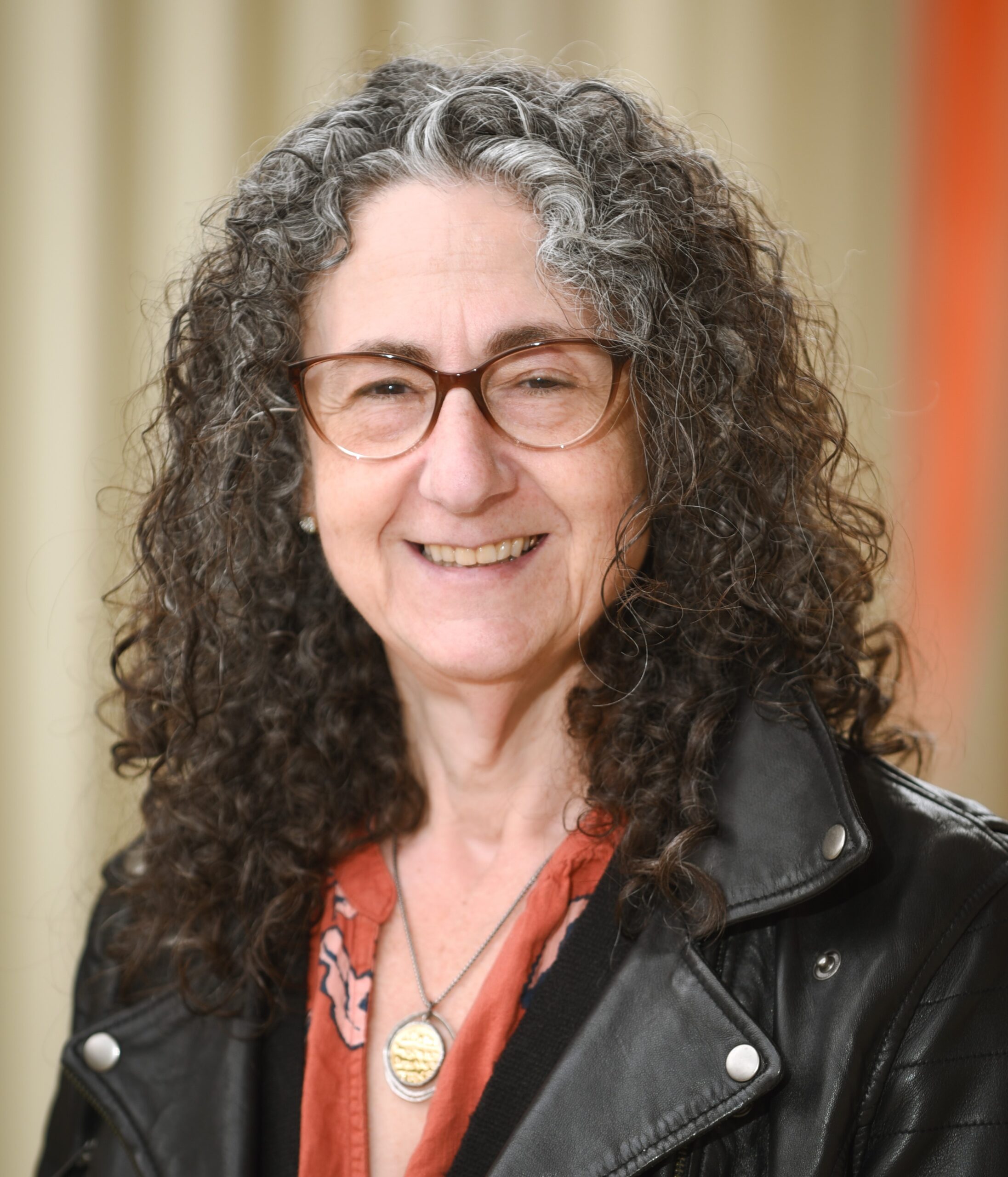This excerpt is from the invitation I wrote for an Oct. 7 memorial service as director of Jewish life for the university where I work:
Embedded in the Jewish liturgical year are days of communal mourning. At these appointed times, we pause to reflect on incidents shared of tragedy and loss. These are moments in our shared history that significantly altered what it means to be part of our own communities and a Jewish citizen of the world. We observe these moments through communal mourning rituals of remembrance and reflection. On the holy day of Tisha B’Av, we fast for 24 hours in memory of the destruction of the temples in Jerusalem during the Babylonian and Roman eras. On Yom Hashoah, we observe time in silence and then recall the names of individuals, families or communities that were murdered by the Nazi regime …
After Oct. 7, 2023, we have need for a new ritual of communal mourning. On that day, what it meant to be a Jewish citizen of the world changed. … Babies, children, soldiers, parent and grandparents were kidnapped and taken to Gaza to be held hostage …
Since that day, globally, Jews have had to grapple with renewed threats of antisemitism. We have also had to grapple with the complexity of our relationship to Israel, its actions and the actions of its enemies. It is impossible to recognize the devastation of the Oct. 7 attacks out of the context of a prolonged, often deadly, conflict between Palestinians and Israelis. Every imprisonment, displacement, oppression and innocent murder must be accounted for if there is ever going to be the possibility of a just solution and healing of these intertwined traumatized nations …
I have not included it in its entirety because it is still being reviewed by our legal team. We need to be sure that nothing in the text can be seen as a violation of Title VI guidelines and lead to a possible lawsuit. The invitation has to contextualize Jewish pain but not seem blind to the pain of others. It has to recognize the need for a memorial for Israelis but not seem supportive of the death of Palestinians. Pro-Israel but not overtly Zionist. Jewish but not TOO Jewish. Religious but not exclusionary.
In short, I have to justify having a memorial for more than 1,200 murdered on one day last year, as well as the hundreds who have since been held hostage, injured, gone missing or died. When I am asked to describe how my year has been or what has been challenging to navigate as a rabbi, it is this: I have to justify my grief for dead and/or captive Jews. Because I/we don’t want to open ourselves up to retribution of any kind.
There is a real need to simply grieve the loss and pain of people I consider to be my people.
It is an extraordinary feeling to say that I, a Jewish spiritual leader, have to justify grieving for murdered Jews. Extraordinary that I have to addend any expression of grief or sadness or concern with a statement about how many more died in Gaza. Or a statement about where I stand on a bilateral ceasefire, occupation, the current Israeli government or Zionism. There is much to say about all of these issues and more. But at the same time, there is the real need to simply grieve the loss and pain of the people I consider to be my people.
I recently learned a new term: impinged grief. This is a normal grief process that is disrupted, limited or terminated by an undeniable external factor. It is a good way to describe navigating a communal grief process that is centered on the Jewish/Israeli experience and that which centers on the Palestinian experience. Impinged, blocked, interfered with, intruded upon … Sometimes, I will say that there is enough grief to go around and that feeling for one does not diminish feeling for the other. But once I have had to say that, I already feel chastised for even considering expressing my grief experience.
There is something about impinged grief that feels like a silencing or erasure of the Jewish experience. That is because we can also talk about impinged hope (“Being able to be hopeful is a privilege of the colonizer”) or even impinged Jewish identity (“How can you talk about Judaism and justice while Israel is doing what it is doing?”)
There is nothing I can say that will make any of this easier. It will have to be enough, on this first anniversary, to recognize that we are all impinged by the complexity of this moment.








3 Responses
Yes. Those of us old enough to remember the Shoah, or whose families were decimated in it are having, I think, the hardest time–at least in general. We grieve for everyone but don’t want our agony about Oct 7 to be impinged on. Made even harder by our awareness of how little our descendants have absorbed the enormity of our people’s suffering.
So painful. So true.
Thank you for speaking my heart. I am weary of being called a self-hating Jew, because I feel desperate for
our Israeli brothers and sisters, and for the Palestinians, who are both enduring such great suffering.
It is indeed complex. It is hard to discuss when our words are weighed for missteps. I don’t know how to educate
my fellow Jews who are staunchly Zionistic and furious with me and others like me. I do think it’s important to grieve all lost lives, Israeli or not. I am saddened to my core by ideologies that cause immense strife and death.
Thank you for being a rabbi who cares about our humanity. Teshuvah is more important than ever.
With warm heartfelt regards,
Hopefawn Levenson Robertson